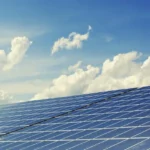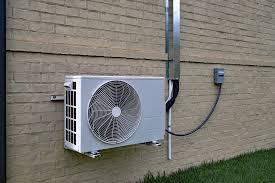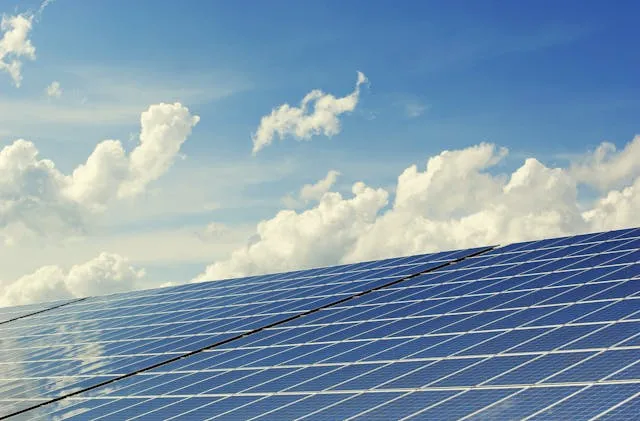Ductless HVAC systems, also known as mini-split systems, have gained popularity due to their flexibility and energy efficiency. It is always suggested to purchase it from a professional HVAC company. Let’s explore the advantages and disadvantages of this system.
Pros of Ductless HVAC Systems
- Zoning Capabilities: Enjoy customized comfort by controlling temperature in individual rooms.
- Energy Efficiency: No ductwork means less energy loss, resulting in lower utility bills.
- Quiet Operation: Ductless systems are generally quieter than traditional HVAC systems.
- Installation Flexibility: Ideal for homes without ductwork or those with additions.
- Improved Air Quality: Eliminates ductwork-related issues like dust and allergens.
Cons of Ductless HVAC Systems
- Higher Initial Cost: Ductless systems often have a higher upfront cost compared to traditional systems.
- Multiple Indoor Units: Requires installation of multiple indoor units for larger homes.
- Less Aesthetically Pleasing: Indoor units may be visible and affect home decor.
Ideal Applications for Ductless Systems
- Homes Without Ductwork: Perfect for additions, renovations, or homes without existing ductwork.
- Multi-Story Homes: Offers zoned comfort for different floors.
- Open Floor Plans: Ideal for controlling temperature in specific areas without affecting the entire home.
Ductless vs. Traditional HVAC Systems: Which is Right for You?
Choosing between a ductless and traditional HVAC system often depends on specific home characteristics and preferences. Let’s compare the two:
Ductless HVAC Systems Offered by Any Professional HVAC Company
- Pros: Energy efficiency, zoning capabilities, quiet operation, ideal for homes without ductwork.
- Cons: Higher initial cost, multiple indoor units required for larger homes, potential aesthetic impact.
Traditional HVAC Systems
- Pros: Lower initial cost, even temperature distribution throughout the home.
- Cons: Potential for ductwork issues, less flexibility in temperature control.
Factors to consider:
- Home size and layout: Ductless systems are better suited for smaller homes or those without ductwork.
- Budget: Ductless systems often have higher upfront costs but may offer long-term savings.
- Energy efficiency: Ductless systems generally offer higher efficiency.
- Desired level of control: Ductless systems provide more control over individual room temperatures.
- Aesthetics: Consider the placement of indoor units for ductless systems.
Ductless System Maintenance
- Clean or replace filters regularly: Indoor unit filters should be cleaned or replaced every month.
- Inspect indoor and outdoor units: Check for debris, obstructions, or damage.
- Clean evaporator coils: Remove dirt and dust to improve efficiency.
- Drain condensate lines: Prevent clogs and water damage.
- Schedule professional maintenance: Annual inspections and tune-ups are recommended.
While ductless systems offer numerous advantages, it’s essential to weigh the pros and cons based on your home’s specific needs and budget. Ultimately, the best choice depends on your specific needs and priorities. Consulting with an HVAC professional can help you make an informed decision.
Hvac Systems, Hvac company








